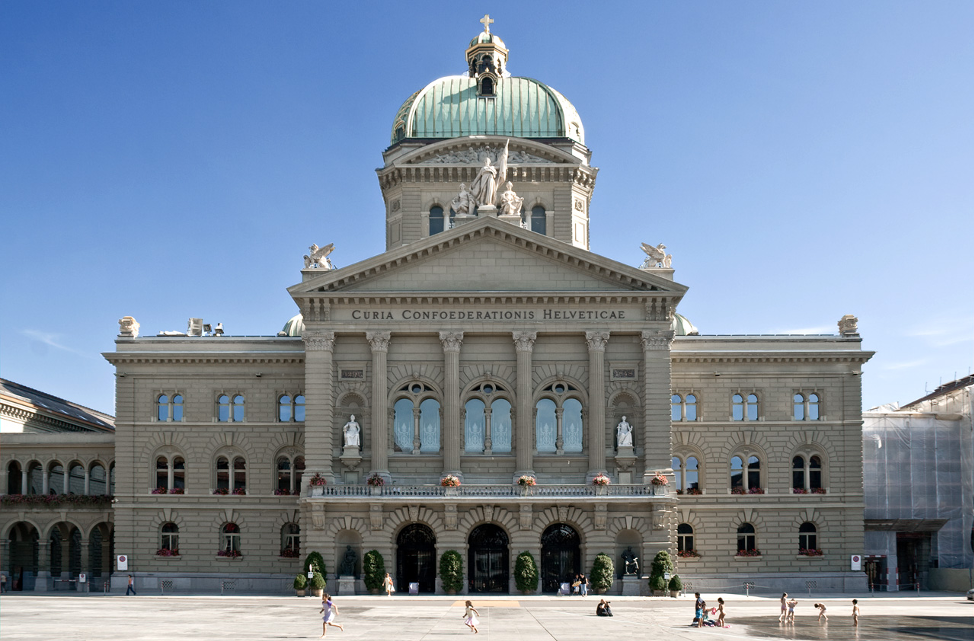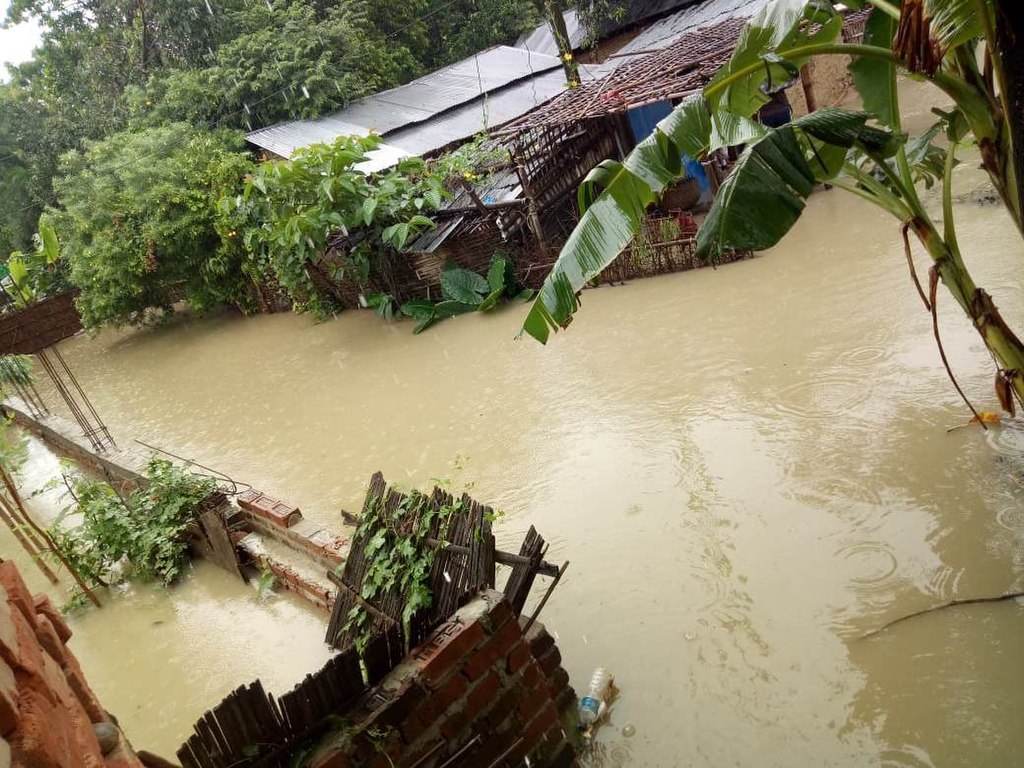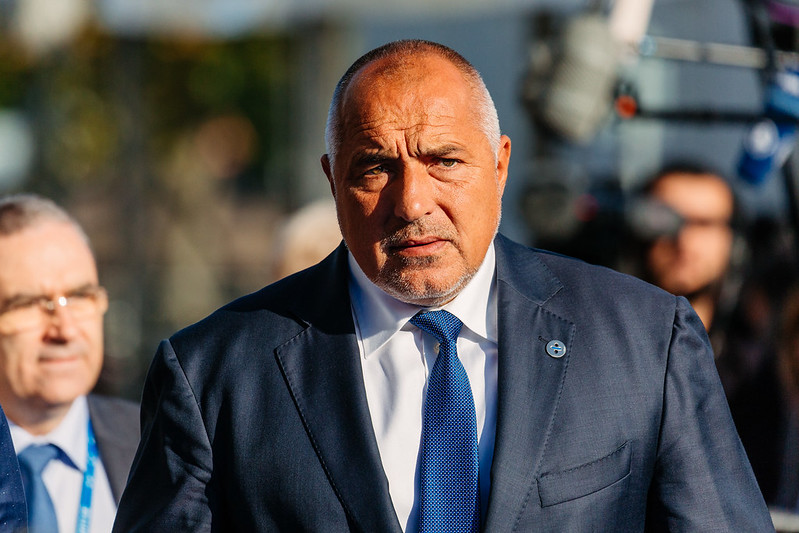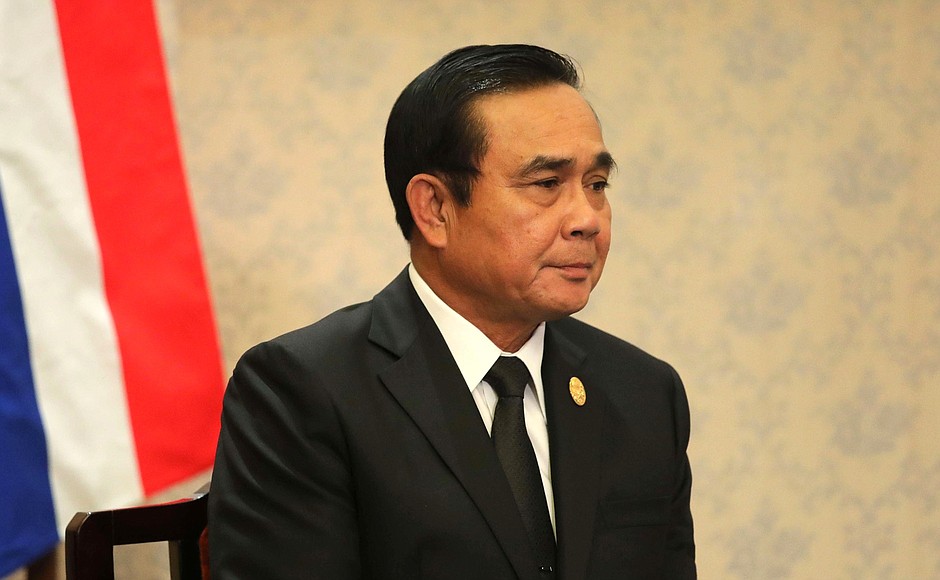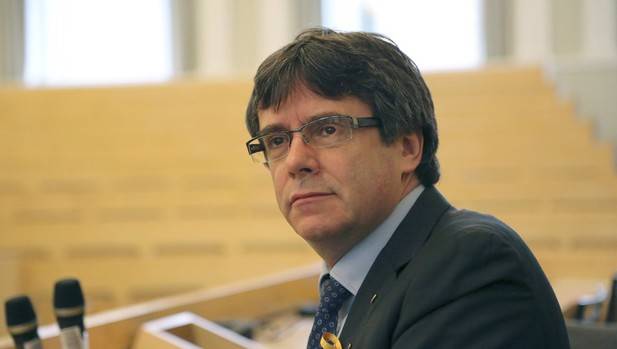California sues Cisco over caste discrimination
California’s Department of Fair Employment and Housing is suing the technology giant Cisco over a case of caste discrimination - marking the first time in history that a case based on caste discrimination is being taken on in the United States.
An Indian American engineer at Cisco is claiming harassment and retaliation based on caste by two co-workers at his company. Since the opening of this case, there have been calls by activists to make caste a federally protected category, like race, in civil rights law.
This lawsuit bases its legal argument on the Civil Rights Act, which was a historic piece of legislation won as part of the civil rights movement in the 1960s to remove legally mandated segregation.
Cisco spokeswoman Robyn Blum said the company would “vigorously defend itself” against the lawsuit, claiming that they “were fully in compliance with all laws as well as our own policies”.
The US-based organisation Equality Labs conducted a survey on caste discrimination in the United States in 2016. The survey indicates that one in four Dalits face physical and verbal assault and the majority of respondents face workplace discrimination. A 2018 survey by the same group found 67 percent of Dalits in the Indian diaspora admitted to facing caste-based harassment at the workplace.
Silicon Valley, in particular, has been noted for caste discrimination practices, given the large population of technology professionals from the South Asian diaspora. In these communities, caste discrimination and hierarchy is reinforced institutionally and culturally. Even with respect to immigration practices, the vast majority of Indian Americans who immigrate to the United States are upper caste, furthering discriminatory conditions for Dalit and oppressed caste people.



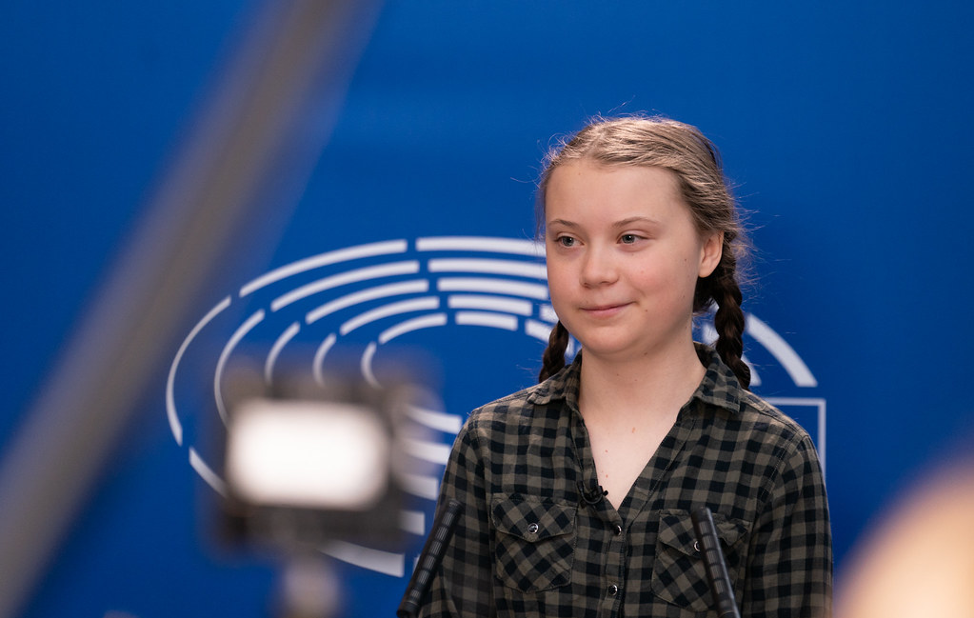

.jpg)

.png)

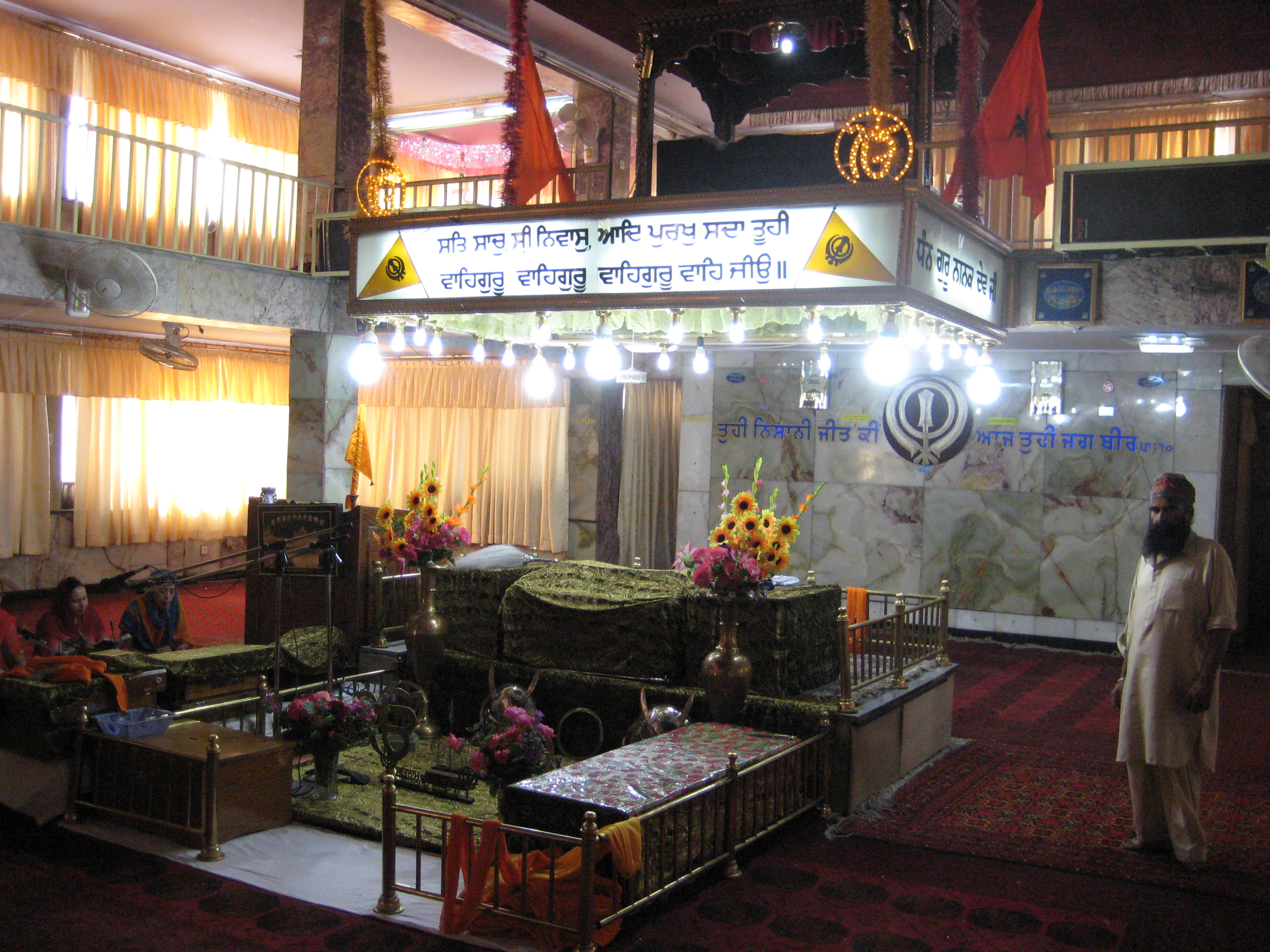 File photograph: A Gurdwara in Kabul (Wikipedia)
File photograph: A Gurdwara in Kabul (Wikipedia)
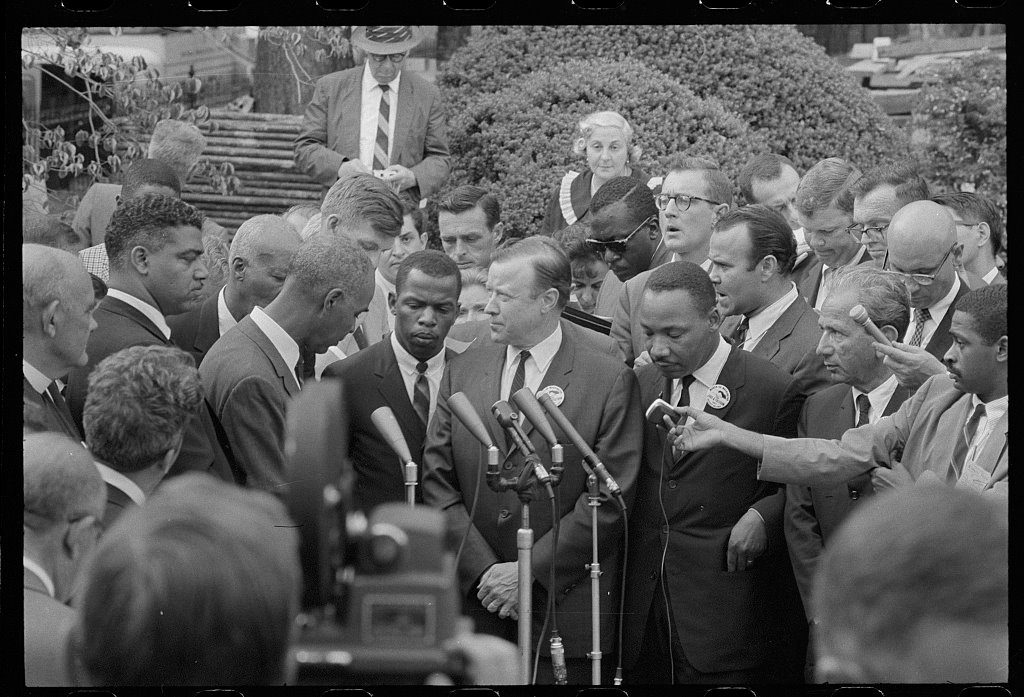


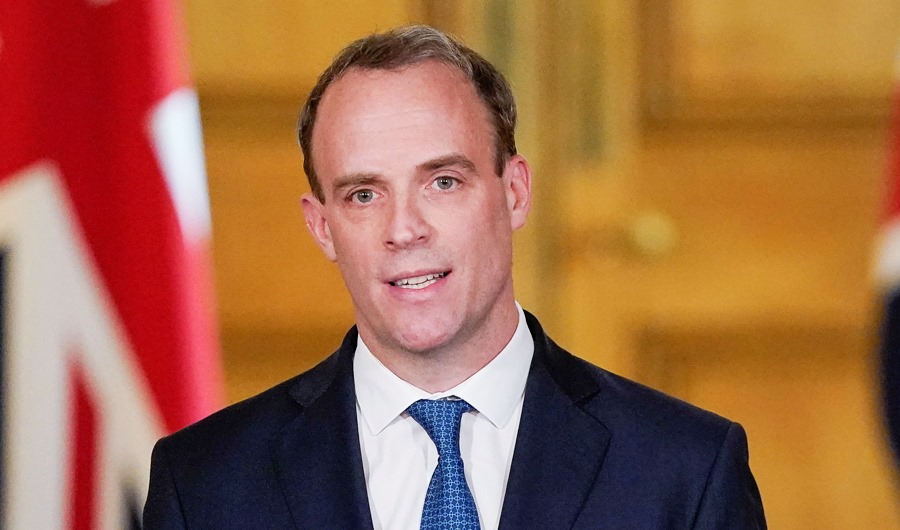 Photo of UK Foreign Secretary, Dominic Raab,
Photo of UK Foreign Secretary, Dominic Raab,
